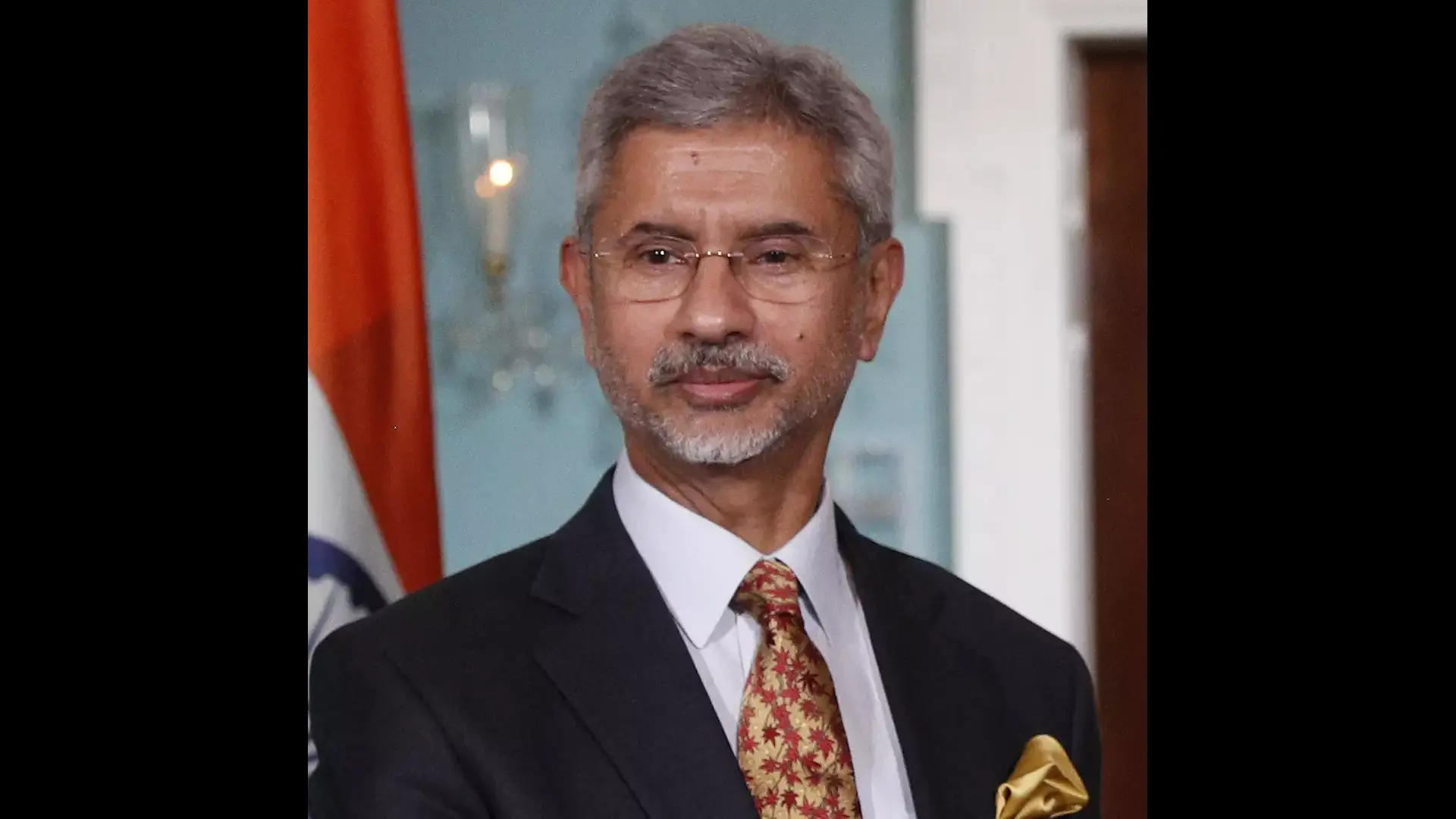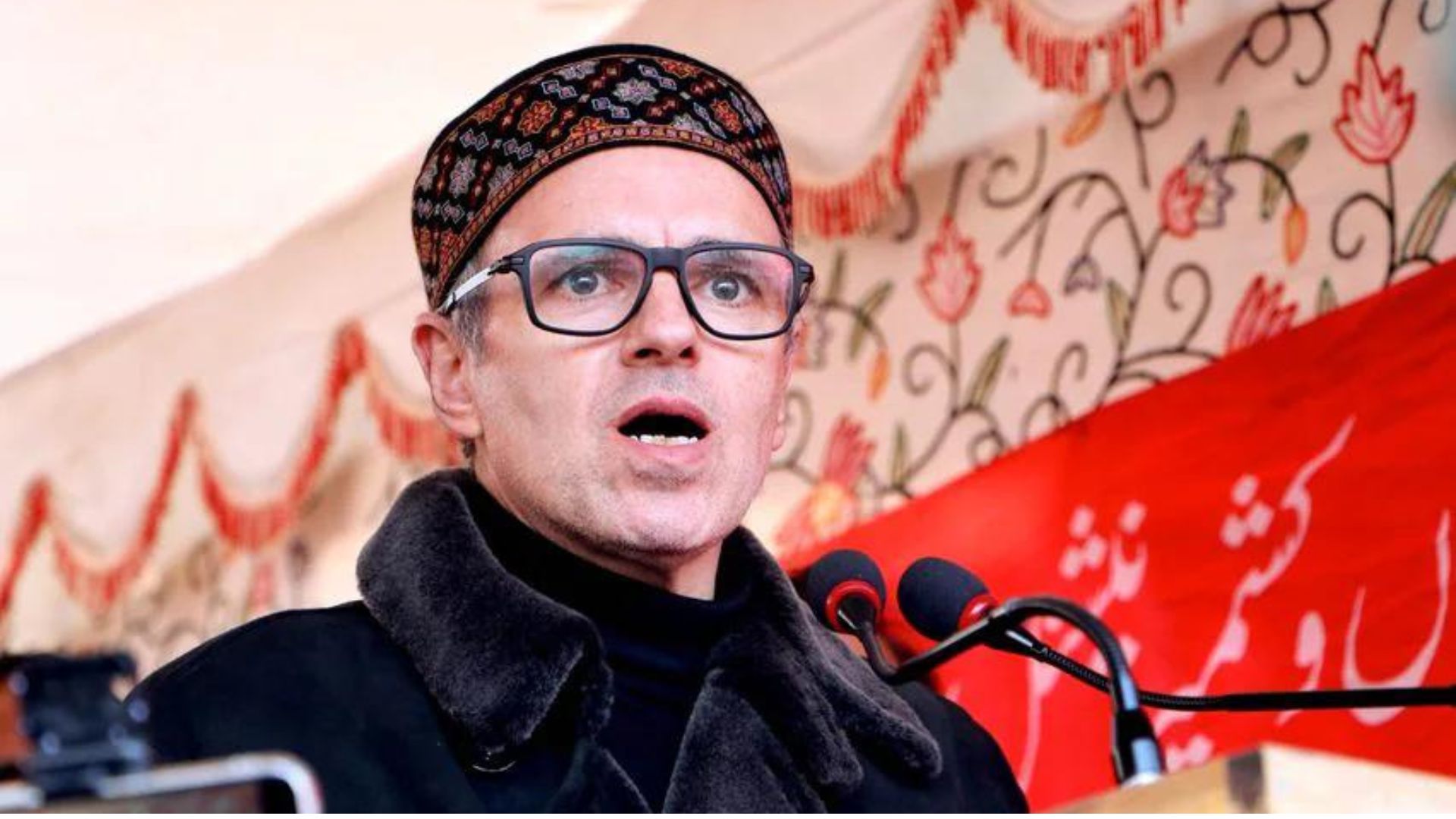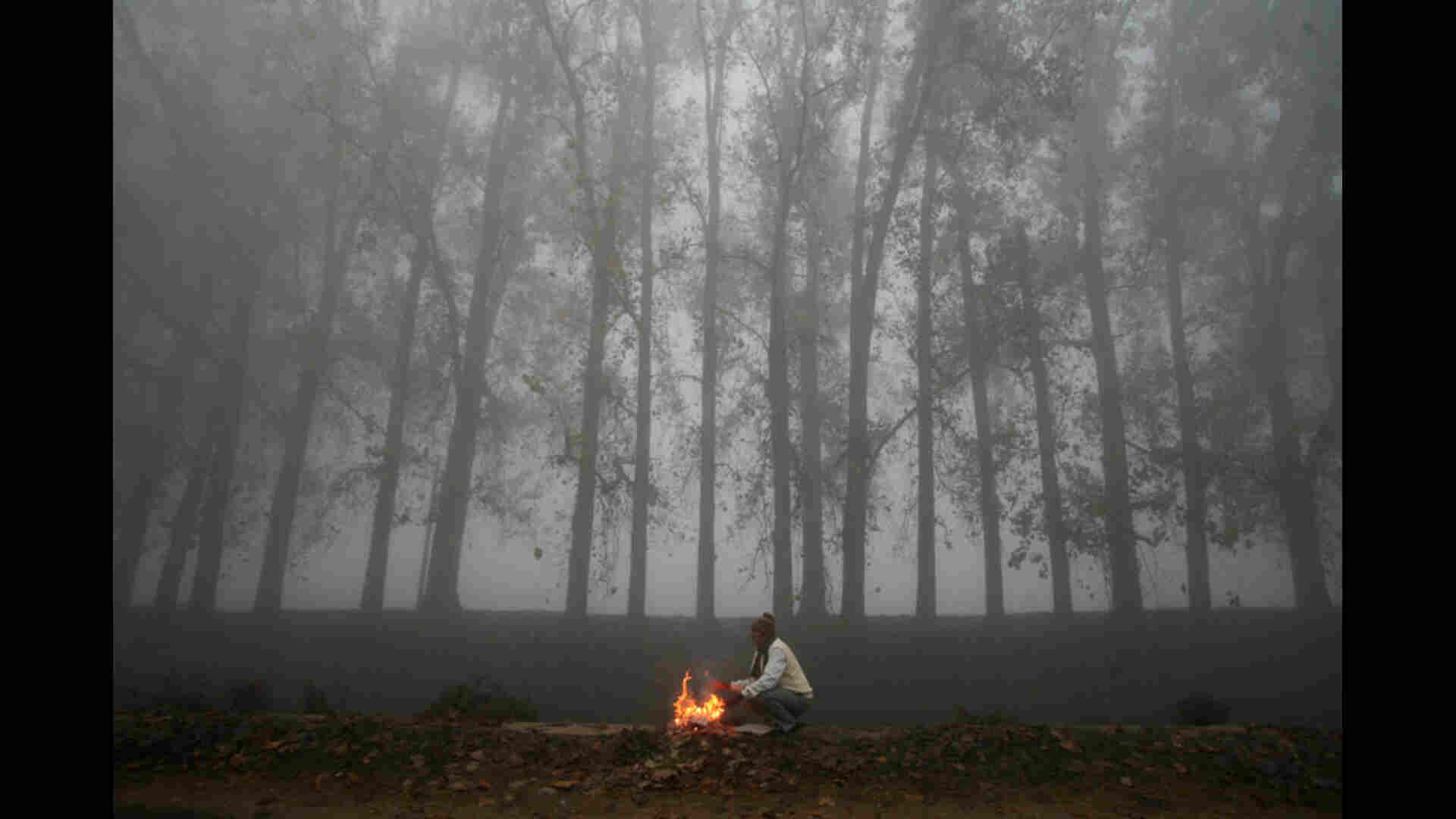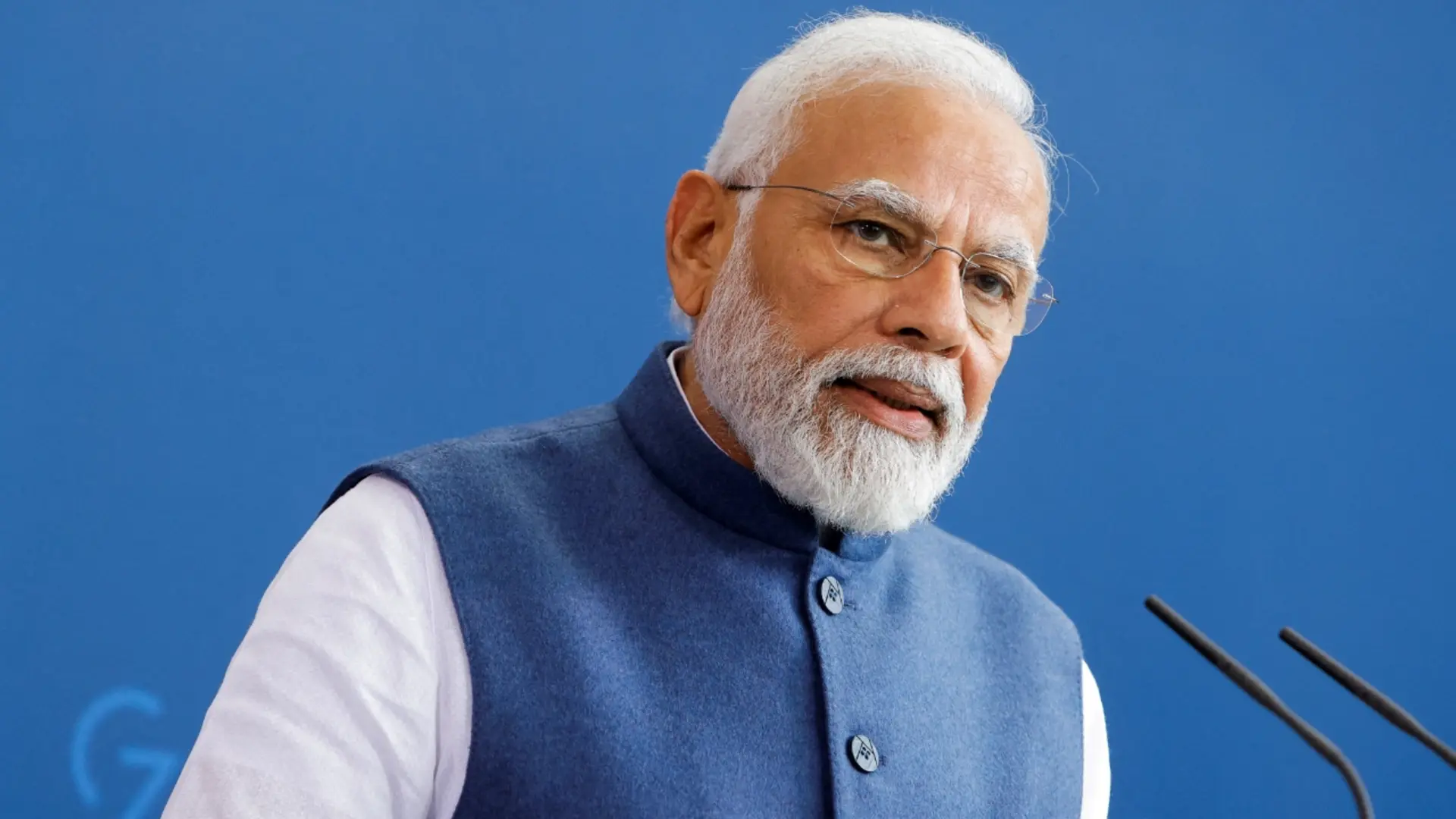Rajasthan is rightfully called the land of culture and traditions. One such tradition is Ghoomar — a dance form practised traditionally by Rajput women within the four walls of the ‘jenana’. It is very alive and still held at every function by the Rajput women who ring in the festivity with this graceful twirl to the rhythmic beat of folk music created by Manganiyars. But a person who is taking it beyond the bastions of the Rajput havelis and palaces is Tripti Singh Daudsar by introducing women to this dance form under her revivalist platform — GhoomarTwirl With Grace.
Tracing its origins and present practice, she says, “In schools, young girls often perform ‘Ghoomar’ to traditional Rajasthani songs, unaware of its historical background and international reach.This folk dance was performed by the Rajput ladies at every happy gathering, while the men sang alongside. It derives the name from the word “ghoomna”, which simply means pirouetting and going around in circles, moving in and out of it. Swirling robes and swaying ‘ghagras’ create a hypnotic sight when accompanied by alluring live folk music.”
A Rajput from Bikaner, Tripti divulges the prominence of ‘Ghoomar’ and what made her come up with Ghoomar — Twirl with Grace. She recalls her very first performances during her school days where she performed the act of ‘Nichaaro’. She did it so well that the accolades reverberated out of the school. Her grandmother feared that it would get to her head and asked her to focus on her studies instead which she did only to find her way back to her first love five years back.
Having grown up with ‘Ghoomar’, watching and performing it on every festive occasion, Tripti became greatly fond of the highly revered dance form and also refers to it as an important point of association for every Rajput household, especially the ladies. It was in 2012 that the need for a get-together with other Rajput women and friends turned into an idea that was finally launched in 2016 as Ghoomar – Twirl With Grace. “A traditional dance form such as Ghoomar, typically performed at weddings, is one of the purest ways to experience the culture of Rajasthan. It’s not something you can get to see over a weekend getaway. To truly be a part of it, you have to step out of your role as a spectator and become a part of the performance,” she says.
Working with a close circle of friends and drawing from her own deep knowledge of the region, Tripti curated a signature event that transported the attendees to Rajasthan for a day. With live music performed by traditional Manganiyar artists from Jaisalmer, dance performances by amateurs who trained for a month to get the nuances right, riddles, and games drawn from old rituals, it was a truly immersive experience. Following the success of the inaugural edition in Gurugram, the event travelled to Indore, Udaipur, and Jaipur and is now all set to return to Gurugram.
“The idea was to bring Ghoomar out of Rajasthan. So, we started from Gurgaon. Friends from different states asked us to come to their places. We then went on to organize an event in Indore because Ghoomar isn’t very common there.” Twirl With Grace addresses the dance in its most puritanical form. Tripti holds the tradition sacrosanct.
She also remembered how her friends in Gurgaon (who are not Rajputs) learnt the dance for a month and then dressed up in the compulsory “poshak” and got compliments, which felt amazing to her. “The idea was always to teach the dance to other ladies and not restrict it to the Rajput community and eventually spread love and warmth with the dance,” she explains. She also described the feeling of being recognized amongst the 425 ladies in Indore when everyone wanted a selfie with the camera-shy lady and how it gave her goose-bumps. “The recognition and affection that Ghoomar gets is overwhelming. The joy that the dance brings is important. It’s the feeling of being yourself which is more important than the song which is playing when you dance,” she adds.







